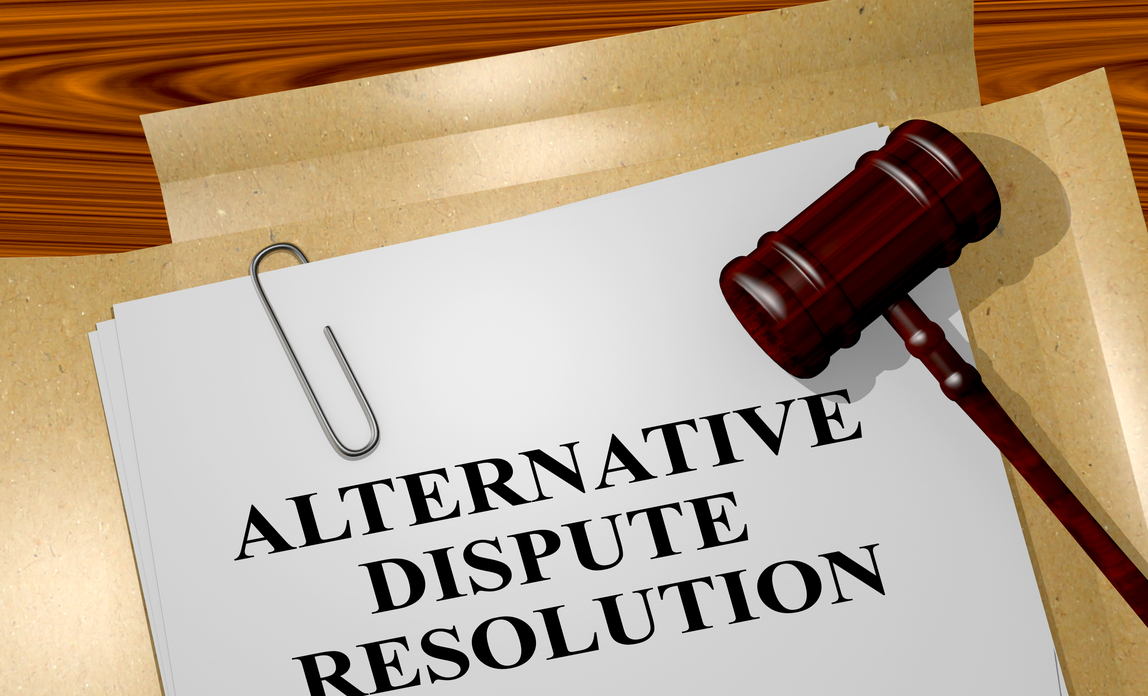
Government & Regulations
Understanding Alternative Dispute Resolution in the UAE
In the UAE, business disputes are common in sectors such as construction, real estate, and commerce. While court proceedings are an option, many companies prefer methods that are faster, more private, and less damaging to business relationships. Mediation and arbitration are two widely recognised forms of alternative dispute resolution. Both can help resolve issues efficiently, but they differ in their approach, structure, and outcomes. Both require the help of an expertly trained lawyer in the UAE.
What is Mediation?
Mediation is a voluntary process where a neutral third party, known as a mediator, helps the disputing parties reach a mutually acceptable solution. The mediator does not make decisions but guides discussions, helping both sides find common ground. This method works well when both parties are open to negotiation and want to preserve their business relationship.
In the UAE, mediation is often encouraged before formal arbitration or litigation, particularly in commercial and employment disputes. It offers flexibility, lower costs, and the chance for creative solutions that a court or tribunal might not provide. However, the outcome of mediation is not binding unless the parties formalise it in writing, meaning either side can walk away if an agreement cannot be reached.
What is Arbitration?
Arbitration, on the other hand, is a more formal process where an independent arbitrator or a panel makes a binding decision after hearing evidence and arguments from both sides. It functions similarly to a court case but is held privately and governed by an agreed set of arbitration rules. Many business contracts in the UAE include arbitration clauses, specifying how disputes will be handled and which arbitration centre will oversee the process.
Unlike mediation, the arbitrator’s decision, known as an award, is legally binding and enforceable in the UAE courts under the Federal Arbitration Law.
Key Differences Between Mediation and Arbitration
The main distinction lies in the level of control and outcome. Mediation allows parties to shape their own agreement, while arbitration results in a decision imposed by a third party. Mediation is usually faster and less expensive, ideal for maintaining ongoing business ties. Arbitration takes longer and involves more legal procedure, but provides finality, as the award is binding.
Confidentiality is another key advantage in both methods, particularly in the UAE’s competitive business environment. However, arbitration may offer stronger enforceability, especially in cross-border cases, as UAE arbitration awards are recognised internationally under the New York Convention.
Choosing the Right Method for Your Business
The choice between mediation and arbitration depends on the nature of the dispute and the relationship between the parties. If the issue involves misunderstandings or minor contract disagreements, mediation can be an effective first step. It promotes cooperation and can often prevent the need for formal proceedings.
If the dispute involves complex contracts, significant financial stakes, or cross-border elements, arbitration provides a structured and enforceable resolution. Many UAE businesses use both methods in sequence, starting with mediation and moving to arbitration only if negotiations fail.
Conclusion
Mediation and arbitration both play important roles in resolving business disputes in the UAE. Mediation promotes dialogue and preserves business relationships, while arbitration provides a definitive and enforceable outcome. Understanding the strengths of each approach allows businesses to handle disputes more efficiently, save costs, and focus on growth rather than prolonged conflict. Seeking early legal guidance before choosing a resolution method can help determine which process best fits your situation and protect your long-term interests.